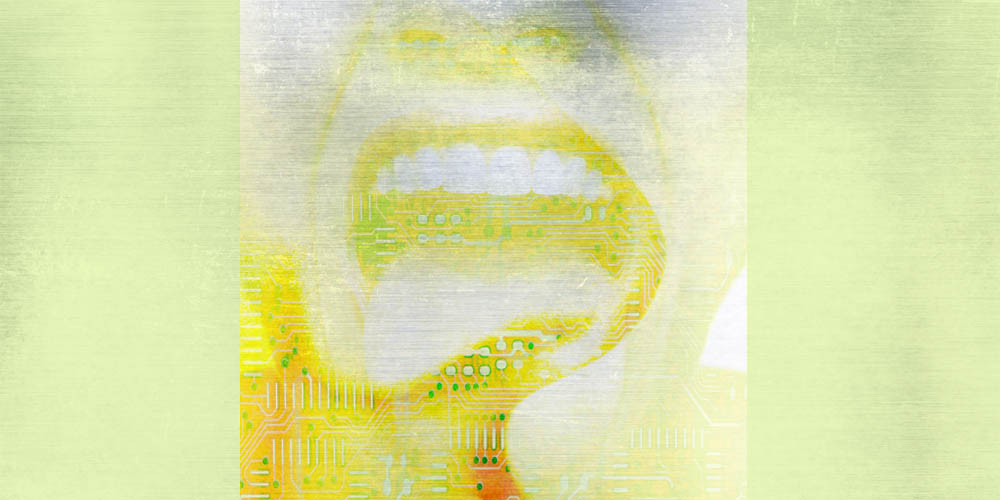People with often get that can be triggered by an innocuous smell or sound. Now a study that linked unrelated memories and separated them again, suggests that one day we may be able to decouple memories and prevent flashbacks in people with PTSD.
Individual memories are stored in groups of neurons – an idea first proposed by psychologist Donald Hebb in 1949. Only now are we developing sophisticated techniques for examining these ensembles of neurons.
To see whether two independent memories can become linked, at the University of Toyama in Japan, and colleagues used a standard method for creating memories in mice. When mice are exposed to pain, they can learn to link this with associated stimuli, a taste, for example.
The team trained mice to form two separate fear memories. First, the mice learned to avoid the sugary taste of saccharine. Whenever they licked a bottle filled with saccharine solution, they were injected with lithium chloride, which induces nausea.
Disconnecting memories
A few days later, the same mice were taught to associate a tone with a mild electric shock. This caused the mice to freeze whenever they heard it, even if it wasn’t followed with a shock. They remembered the tone as a traumatic experience.
The team then linked these two unrelated memories. Whenever the mice licked saccharine, the researchers played the tone that scared them, so that eventually the mice began to freeze when they tasted the sugary flavour alone.
To see if they could unlink these overlapping memories, the team turned to optogenetics, a technique that uses light to stimulate or deactivate specific neurons. The team selectively silenced neurons so that the memories no longer overlapped, and the mice didn’t freeze when they tasted saccharine.
When the tone was played, however, they were still afraid, proving that this memory had not been erased, just decoupled from the taste of saccharine.
Treating trauma
“The fact that you can parcel out these memories and manipulate them in a predictable fashion is remarkable,” says , an expert on memory at the National Centre for Biological Sciences in Bangalore, India. “This was impossible a few years ago.”
Inokuchi says similar techniques may one day help people decouple traumatic memories from memories of more mundane events. But he warns that the benefits of this – which could involve surgery and gene therapy – will need to be weighed against the risks. “If the psychiatric disease is very serious, then we may be able to apply this approach,” he says.
However, Chattarji says PTSD might also involve a different fear mechanism which may not respond to this technique. A part of the brain called the medial prefrontal cortex is normally involved in suppressing fear memories held in the amygdala, but this process might be impaired in people with PTSD. Strengthening the connections between the medial prefrontal cortex and the amygdala may be an alternative way to suppress such memories, he says.
Source: Memories might be disconnected – and it might assist these with PTSD – Wellston Journal













